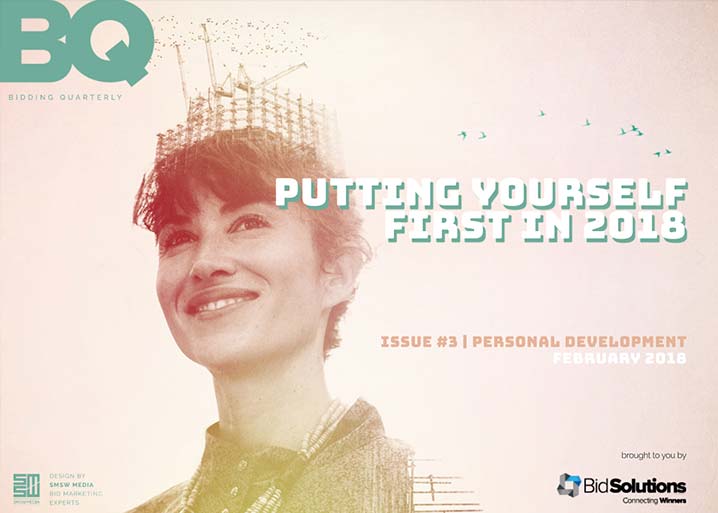I got bored. Tuned out. Mentally exited the building.
It happened as soon as Martin told me the topic for this edition was ‘personal development’. The concept isn’t the problem. I couldn’t be more on board with that. My issue is with the phrase: how it’s used and what happens (or doesn’t) as a result.
Have you ever spoken about personal development outside of work? Or wondered why you don’t? It’s called personal development yet it seems to play little, or no, part in our personal lives. Weird.
When people say those two words, I imagine they are – 90% of the time – about to enrol on a course, sign up to a webinar or walk into an annual performance review.
And I think this can be where we go wrong.
Personal development has become too heavily linked to our jobs and corporate procedures. It is something that pops up in our 9-5 lives rather than becoming the never-ending pursuit of knowledge it should be.
Redefining personal development
Before becoming a creative director, I spent 14 years in sales and business development. Like most people, I encountered personal development opportunities every now and again. Sometimes they were worthwhile, most of the time not.
Honestly, my heart was never fully in it. It was just another to-do.
But when I jumped back into the creative world a decade or so ago, I started to see personal development in a whole new light.
I suddenly realised I could learn just as much, if not more, from the world outside the office as the world within it. I trained my brain to constantly seek out, recognise and extract greatness from unexpected places.
I discovered I could apply what I had seen and learnt to various aspects of my life, including work, to become better.
Learning to learn differently
Most of us are conditioned to relate personal development to our professional capability. It takes a real shift in mentality to open our eyes to the opportunities that totally unrelated sources offer.
TV is a great example. I often watch Gold Rush, a series that follows teams of gold miners in Alaska.
It’s dramatic and entertaining (like any primetime TV show should be) but it’s also packed with surprisingly valuable lessons that can translate perfectly in a business context. If you’re openminded enough to see the potential, that is.
At least once an episode, something happens on the show that impacts the way I think, live and work.
There’s nothing really special about Gold Rush per se (although you can probably tell I’m a big fan!).
It’s not so much about what I’m watching but how I’m watching it. You can find similar value in lots of other shows.
Hobbies are another example. Let’s say you’re a cyclist who enters competitions at the weekend. Your experiences and stories are worth more than a quick chat with colleagues over coffee. There are bound to be things in there that you could apply to your job. It might relate to what you’ve learnt about determination, perseverance or your competitive approach – it could be anything.
The list goes on and on. Inspiration and knowledge are everywhere.
Over the course of an average week, I could adapt how I work because of the way my kids play; the acoustic arrangement of a song; a nugget of wisdom from someone I chatted to; or any number of other things.
This article was written by Simon Wellstead.

